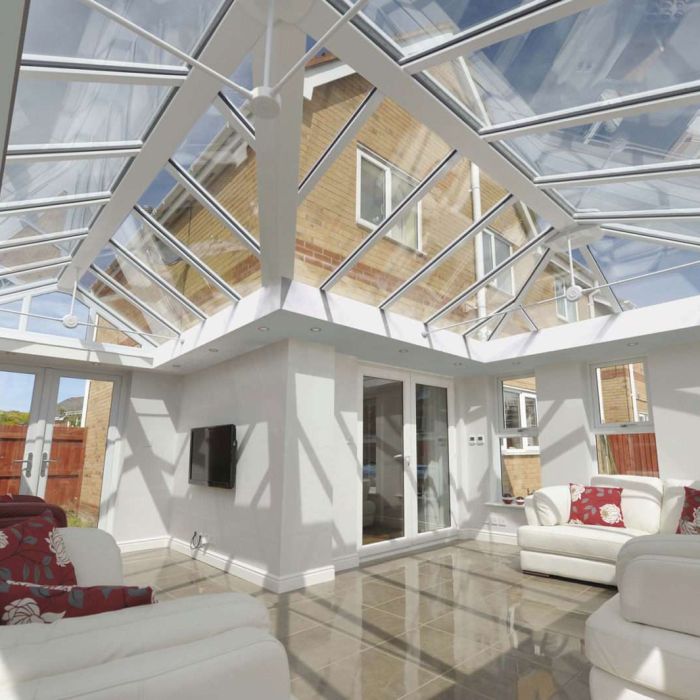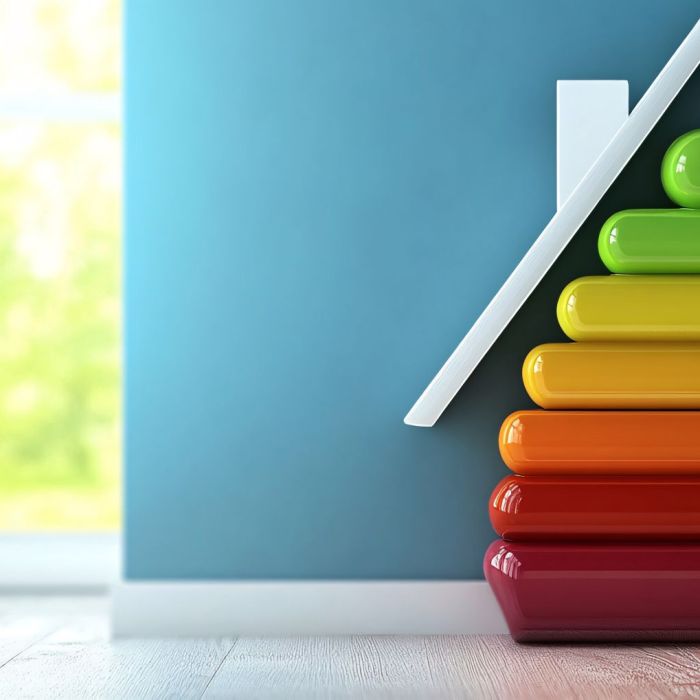So why do windows and doors stick in hot weather? With summer officially here and the temperatures rising, it’s not unusual to notice your windows and doors starting to stick, drag, or feel harder to open and close.
It’s one of the most common issues we see in warm weather, particularly with uPVC, timber, and composite doors and windows. But the good news is: it’s nothing to worry about!
What can you do about it? And when is it worth looking into a longer-term solution?
Why Do Doors and Windows Stick in Hot Weather?
The short answer: materials expand in heat. When the sun beats down and temperatures climb, almost every material, whether natural or man-made, will expand slightly. This includes the frames, sashes, and panels of your windows and doors.
What Happens to Each Type of Door or Window?
Each material reacts a little differently in the heat:
PVCu
PVCu is a great, low-maintenance option for many homes, but it does expand when it gets to around 25 degrees and above and reverts to its original form at 23 degrees. At this temperature a PVCu door or window frame can swell by up to 2.5mm per metre. That might sound small, but it’s often enough to cause tightness or resistance when opening or closing.
Because PVCu frames are usually white or light-coloured, they absorb heat more slowly, but during a prolonged heatwave or direct sun exposure (especially on south-facing elevations), they can still heat up.
Timber
Timber reacts more to moisture than to temperature alone. That means in hot, humid conditions or during summer storms when the air is thick with moisture, timber doors and windows can absorb moisture and swell.
This can cause doors to drag against the frame, stick at the top or bottom, or even warp slightly in extreme cases. It’s completely normal, and most well-made timber products will settle back once the humidity drops.
Composite Doors
Composite doors are made from a combination of materials, and many include a timber core—so they can also react to both heat and moisture. Some types of composite doors can swell in the heat like uPVC, while others absorb moisture like timber, depending on their construction.
Aluminium
Aluminium is less prone to movement, but it’s still a metal, so it will expand slightly in high temperatures. Well-designed aluminium systems account for this, so it’s usually not a problem unless the temperatures are extremely high for prolonged periods.
Is This a Sign of a Fault?
Not at all. You may ask why do windows and doors stick in hot weather, but this kind of movement is completely natural. Well-made windows and doors are manufactured with these seasonal changes in mind, including allowances for natural expansion and contraction. That said, even the best materials can experience some movement during prolonged periods of heat or humidity. If you notice slight sticking or tightness, it’s usually temporary and nothing to worry about – things tend to settle back to normal as the weather evens out.
How to Fix or Manage Sticking Windows and Doors in Hot Weather
Here are a few simple steps you can take to ease the issue and avoid further strain on the product:
1. Cool It Down
If a PVCu door or window is sticking, try wiping it down with a cloth soaked in cool water or shade it with a towel temporarily. This can help reduce surface temperature and reverse the swelling slightly, especially if it’s in direct sun.
2. Don’t Force It
If it feels stuck, don’t try to force it open or slam it shut. Forcing a door or window while it’s swollen can cause long-term damage to the frame or the locking mechanisms.
3. Check Hinges and Locking Points
Make sure no hinges or latches have come loose or shifted slightly due to the added pressure. Sometimes the extra movement from expansion can make components sit a little differently. A quick inspection can highlight minor issues before they become bigger ones.
When Should You Consider a Replacement?
If your door or window only sticks during extreme heat and works perfectly the rest of the year, there’s usually no need to replace it.
However, if you find that:
- The issue happens frequently, even in milder weather,
- The swelling makes it unusable for several weeks a year,
- You’ve had repeated repairs or adjustments,
…it might be time to think about a longer-term solution.
Certain materials perform better in specific environments. For example:
- Aluminium doors are extremely stable in fluctuating temperatures.
- Engineered timber, such as Accoya, is specially treated to resist swelling and warping.
- Premium composite doors with enhanced thermal stability can offer the best of both worlds.
We’re Here to Help – Advice and Replacements
Whether you’re just looking for quick advice or want to explore more robust, weather-resistant options, we can help.
We supply and install PVCu, timber, aluminium windows and doors, with styles and specifications to suit every home and every season.
If you’re stuck (literally or figuratively), give us a call or message us. We’re here to help.





